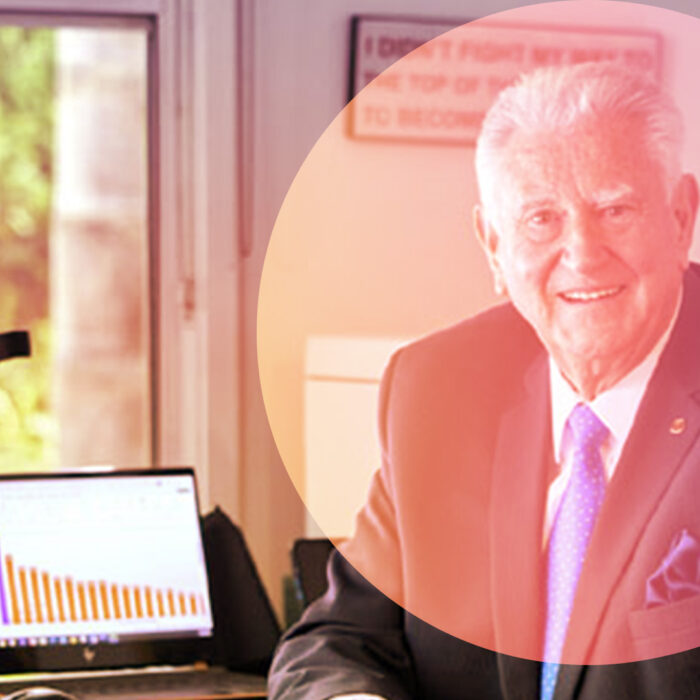Dominique Bergel-Grant, of Leapfrog Life, is always focused on learning to better support her clients. She is a specialist divorce financial planner, a collaborative coach, mediator, CDC Certified Divorce Coach®, and CDC Transition & Recovery Coach®.
She says supporting clients through divorce is her niche now, and is an area that was much needed and that she cared deeply about.
“I was sick of people walking into my office five to 10 years after their divorce saying they’ve spent all their money, she said.
“And after seeing family lawyers work so hard for clients, I thought there needs to be a better way.”
Dominique was already focused on the women and money space, but around 10 years ago she moved into the divorce space – mainly working with women.
Her experience in collaborative law highlights a growing trend in the legal field, offering more flexibility in outcomes than a typical legal process.
Collaborative law is a growing practice where separating partners work together with a team of collaboratively trained professionals in a cooperative and transparent manner.
While it’s often talked about as a process for life partners who are separating, the practice can also be used for business partners who are separating.
For both situations, it’s about building a team with the benefits ranging from cost and time savings to creativity in decision-making.
“It’s not all sunshine and roses; sometimes people don’t like talking to each other, but the process is open and transparent,” Dominique says. And if it hits a roadblock, another professional may be called in – such as a mediator, barrister, or therapist.
Divorce in focus
Like most advisers, Dominique was drawn to the work she does because of her parents’ divorce. Proceedings took 20 years to complete; assets were all lost in legal fees, and her mother even completed a legal degree at the University of New England to help herself.
“I know the destruction of mismanaged assets – she stopped building for her future and focused on assets and he [her ex-husband] disappeared with assets in multiple jurisdictions,” Dominique said.
There are some simple questions to answer before starting the separation process, Dominique says.
- What do you want? Think about this carefully because there are always trade-offs. And don’t go into the process before you’ve really thought through your non-negotiables.
- What do you need from the asset pool, and what can you leave the other party with? In a recent case, Dominique says the couple managed to increase the family finances through the split. He wanted the age pension and wanted to live in a certain suburb. The split was able to achieve this without depleting the wife’s assets.
- What do the children want? Sometimes clients get stuck believing children want one thing, while the other party hears something very different. Engaging a professional child consultant can help with understanding what the children really want.
- With an increasing number of “grey” divorces, there are different ways to split assets. “If you’re in your mid-70s maybe you’d be better off renting,” Dominique said. It is all on the table through the collaborative process.
In other business
As well as being a financial adviser, Dominique has a separate business as a divorce coach; 50-60% of the people she sees are in the situation of “should I stay or should I go”.
Around 90-95% of the females she sees are not the main breadwinner and they want to know what things are likely to look like if they go.
They want to know what their options are and what choices they have, Dominique says.
“It’s important to understand even if it is a 50/50 split – does this mean keeping the business, super or home?”
It’s also important to understand what people need in the transition phase. “If there are teenage kids in the house for another 3-4 years, what is the best way forward?” she asks.
Dominique says she loves having the early conversations with clients – she can learn the facts and run the numbers and on top of that share the knowledge she has garnered through her experiences over the years. Although this doesn’t replace legal advice, she can help clients prepare for their legal representation.






